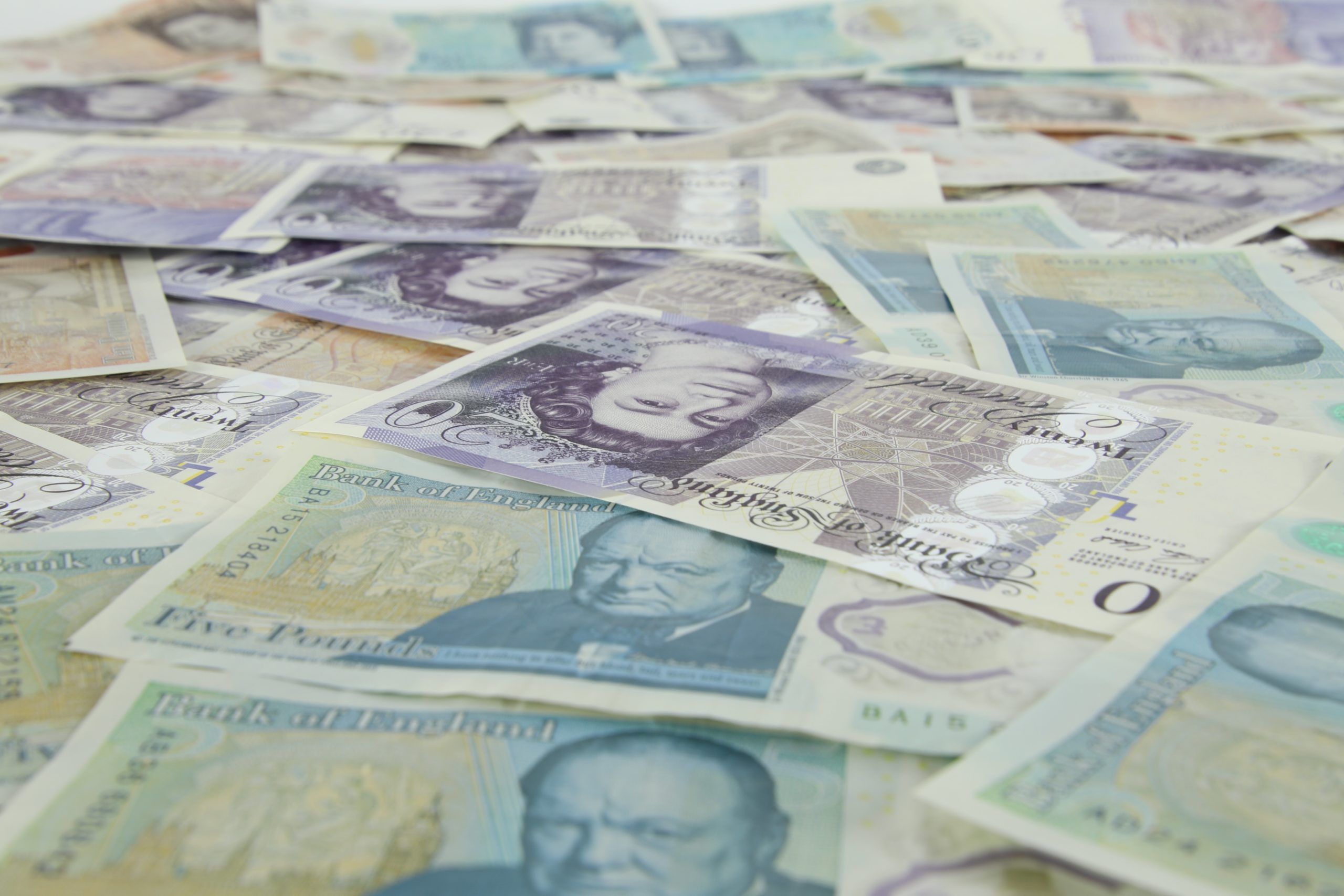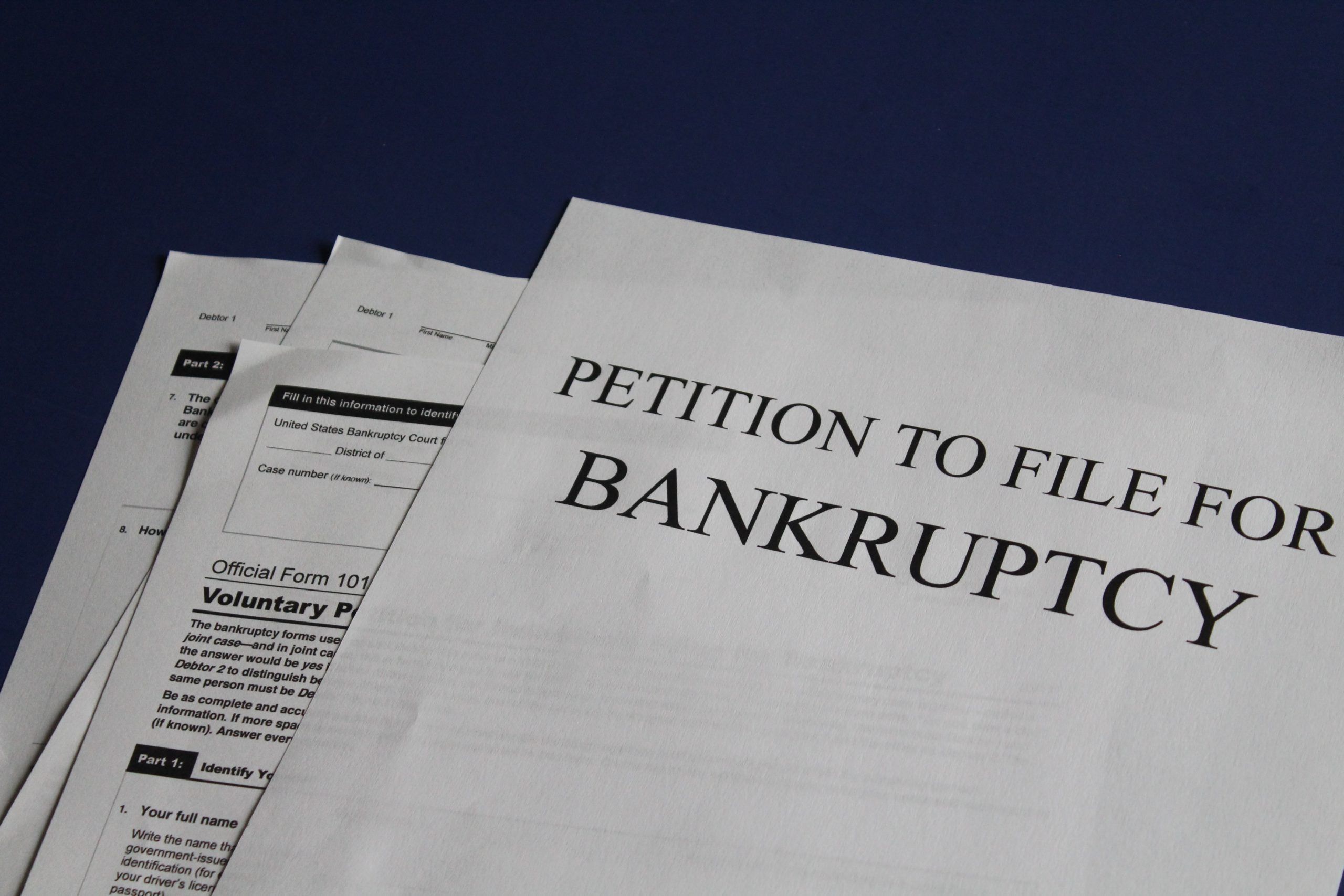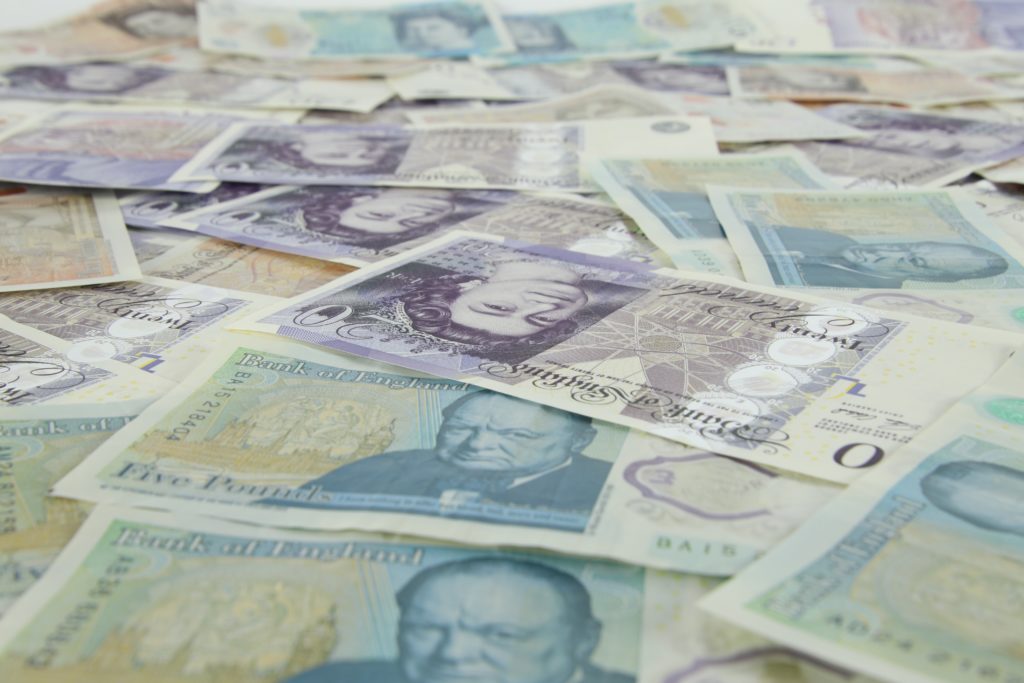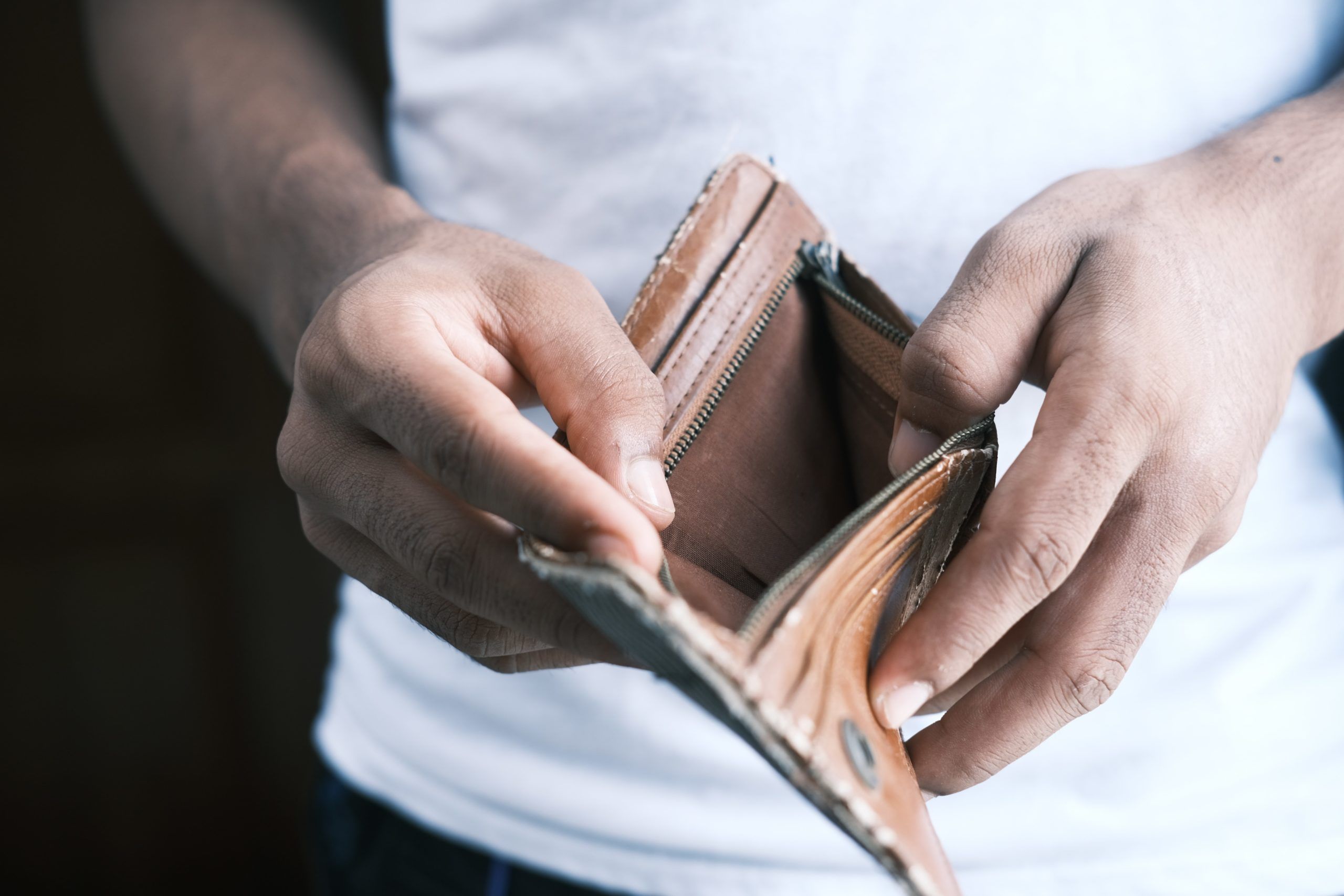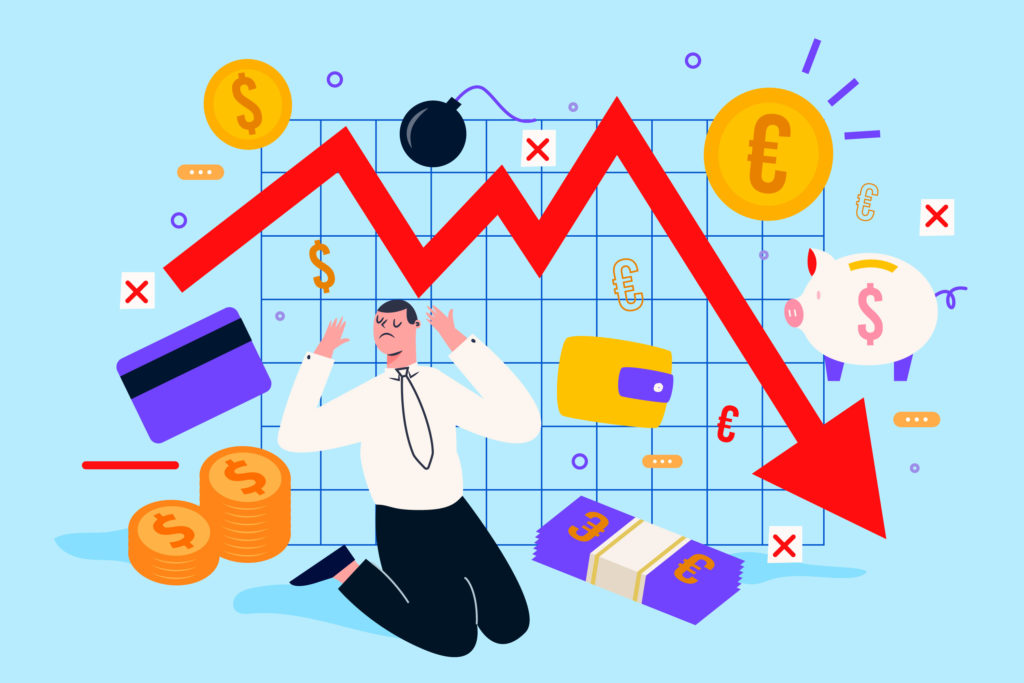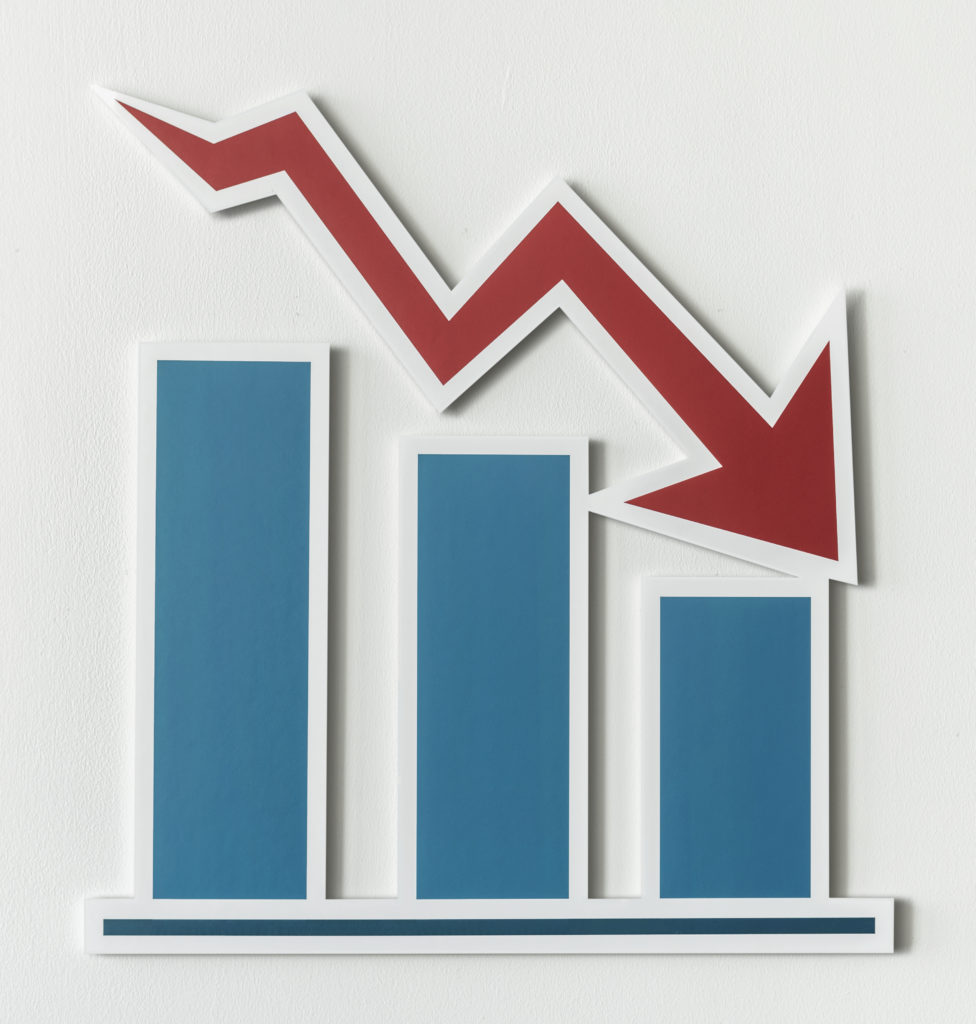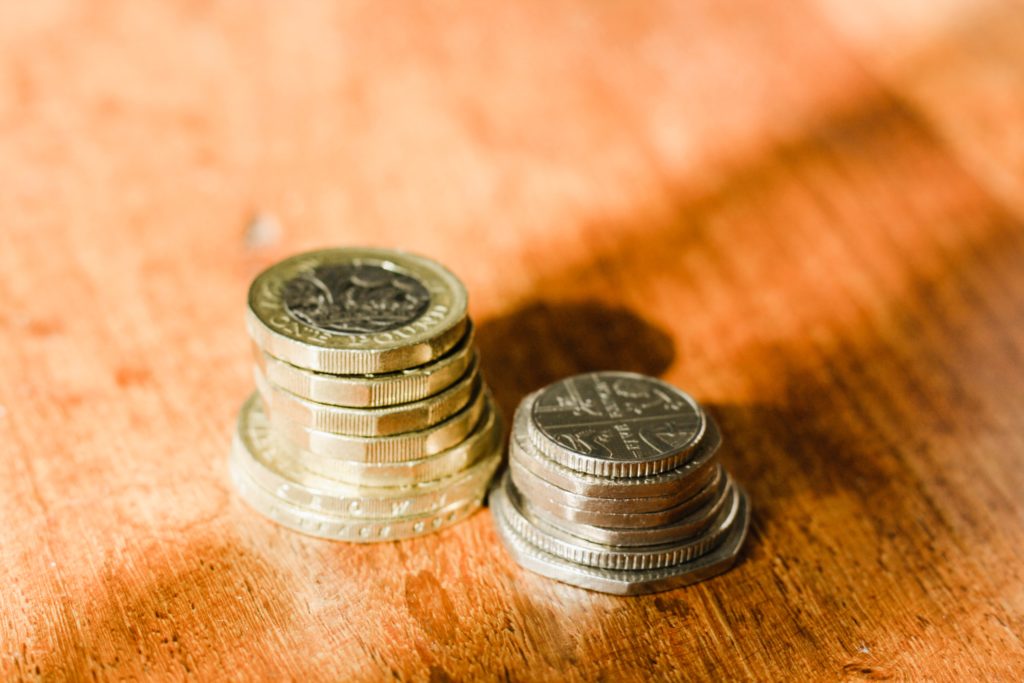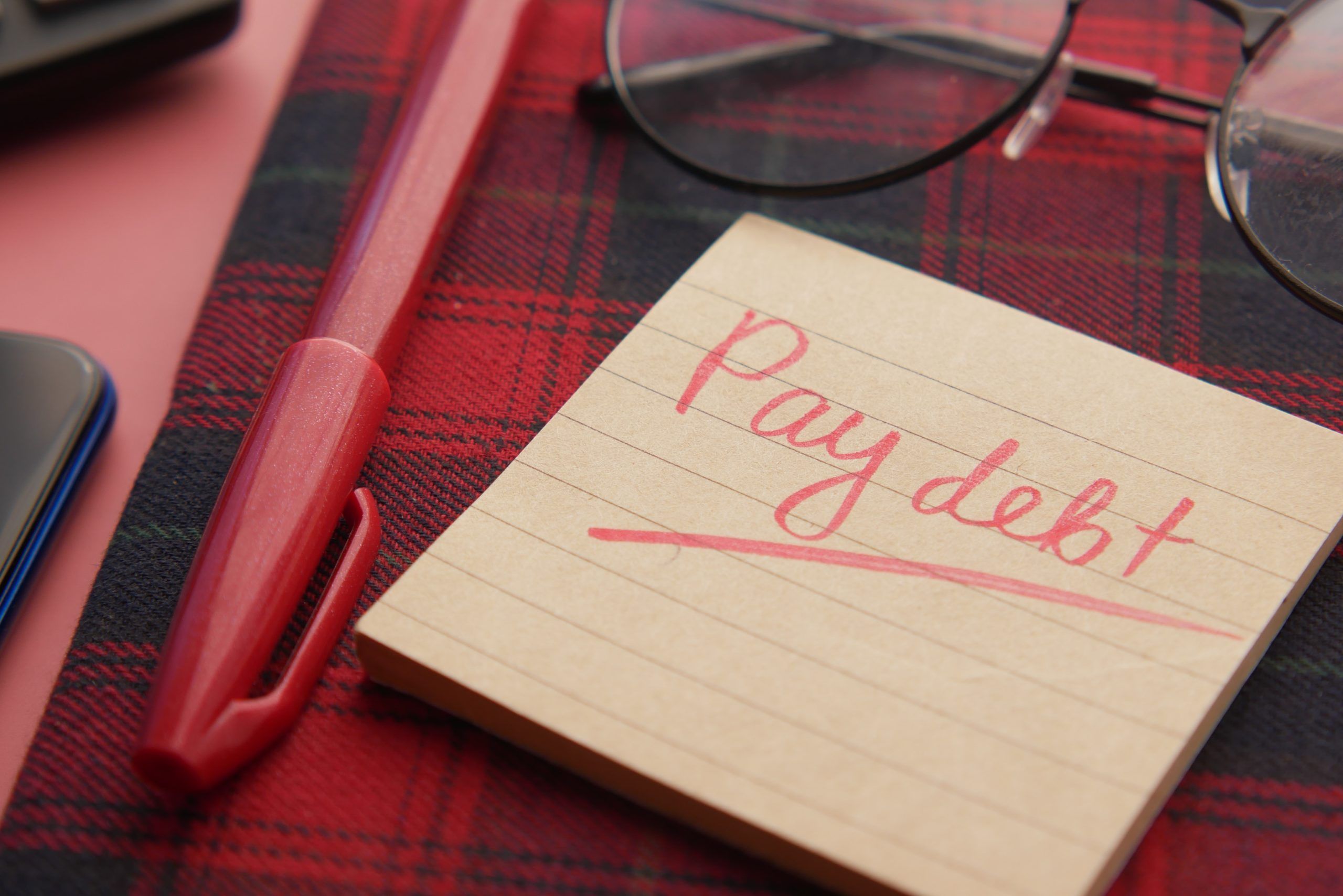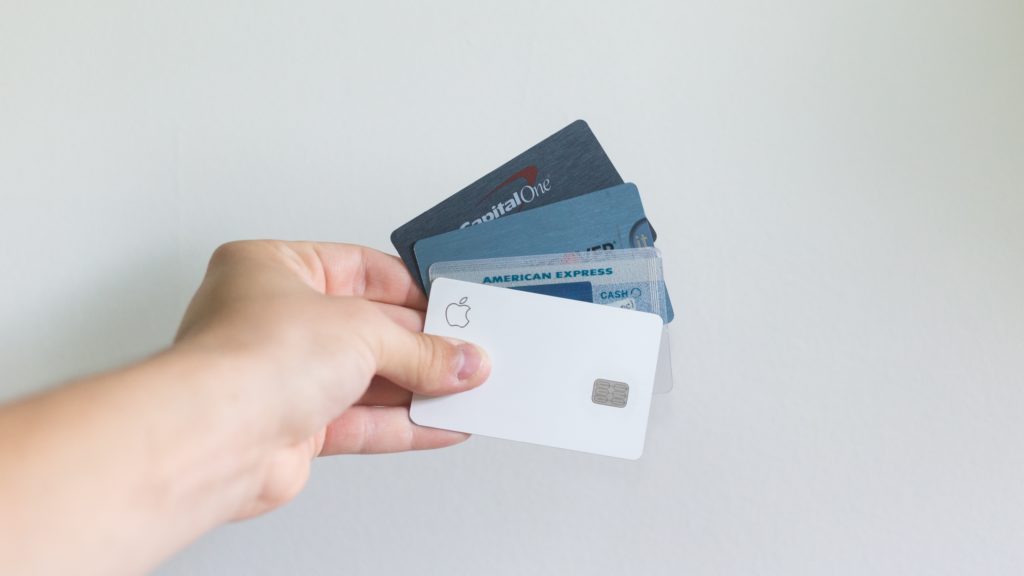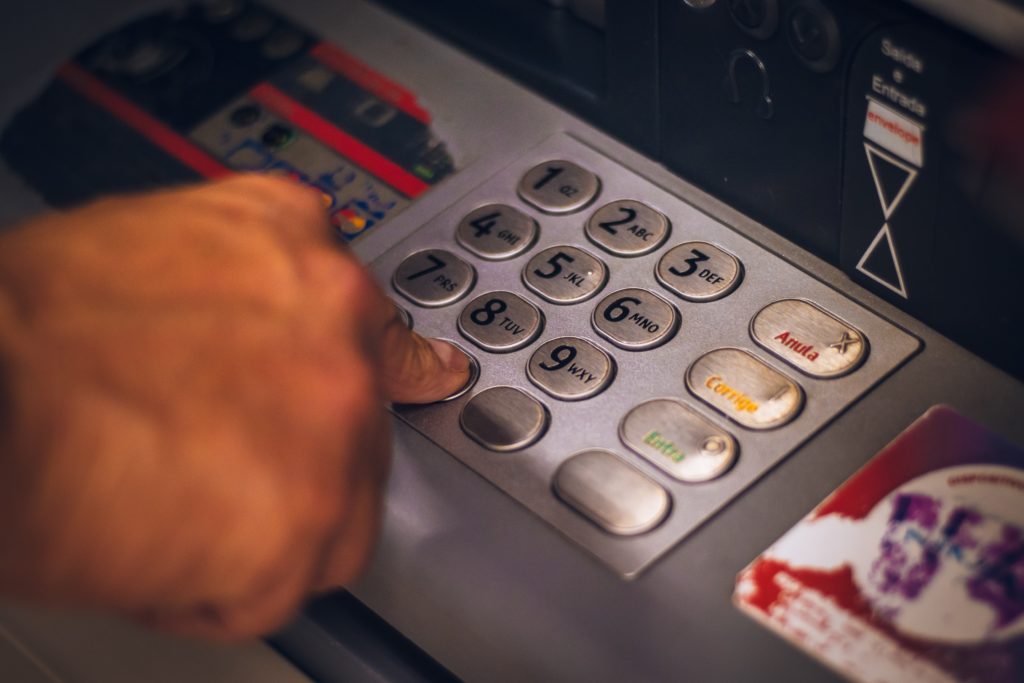How To Pay Off Debt When You’re Unemployed
Unemployment can be stressful, particularly if you aren’t prepared for it when it happens. Not only do you have the pressure of looking for another job whilst trying to pay your utility bills and rent/mortgage, but if you’re already in debt, then this can add further stress if you’re unable to make regular payments.
The average UK person has an unsecured debt of £3,817. The types of unsecured debt include credit cards, personal loans, or overdrafts.
And, of course, if you’re unable to pay for the cost of living, you may see yourself going even further into debt with no means to repay your creditors.
Paying off debt while unemployed can be hard; however, there are actions you can take to help limit the amount of credit you use.
Additionally, there are debt solutions available, such as a DRO (Debt Relief Order) or a DMP (Debt Management Plan), that can help to relieve your financial stress.
Ways to Help Reduce Debt:
It is worth getting in touch with your creditors to explain your unemployment status and, because of it, that you’re struggling to make repayments. Your creditors may give you some breathing space on the proviso that you’ll restart paying your debt once you’re back at work.
In the meantime, consider the below points:
- Try to avoid further use of your credit card or dipping into your overdraft.
Also, don’t be tempted to increase your overdraft or credit card limit since the credit will only help you temporarily, and you’ll put yourself further into debt, particularly if there’s interest to pay, which there generally is.
To help prevent you from using more credit, cut down on your expenditures. Only buy the necessities. Set out a budgeting plan and stick to it. With any money left over, use it to slowly start chipping away at your debt.
- Avoid taking out any more payday loans.
Increasing your debt whilst you’re unemployed will make your situation worse. This is especially the case with payday loans because they tend to have very high-interest rates.
Options for Debt Help When Unemployed
If you’re in debt and without a job, then it may feel like there aren’t any means to ease your financial situation.
However, some options may be available to you if you meet certain requirements.
Below, we have provided a summary of these options to help with your debt.
1. Breathing Space
If you live in England or Wales, you can get temporary protection for up to 60 days from your creditors while you consider your options and get debt advice. This is a Government scheme called ‘Breathing Space’.
If you receive it then:
- enforcement action cannot be taken against you
- your creditors cannot contact you about debts included in your Breathing Space
- your creditors cannot add interest or charges to your debt, however you will ultimately remain responsible for your debt repayments
To apply for the ‘Breathing Space’ scheme, you need to talk to a debt adviser who will check you are eligible. If you are, then will submit an application on your behalf. You can look for a ‘debt adviser’ on the MoneyHelper website.
2. DRO (Debt Relief Order)
A DRO allows your debt, and any interest owed, to be put on hold for twelve months.
To be able to apply for a DRO, your debt must not exceed £30,000, you must reside in England, Wales, or Northern Ireland, and you can’t be a homeowner.
Once you have a DRO in place, your creditors will be unable to take legal action against you.
After twelve months, when the DRO is complete, if you continue to meet the eligibility criteria, then any outstanding debt will be written off.
Although this can be a useful solution for many people, one essential criteria that must be met is that you have less than £75 per month left over after paying your essential bills. If you get back into work during the twelve-month period, and you have more than £75 available then it is likely that you will have to find an alternative debt solution.
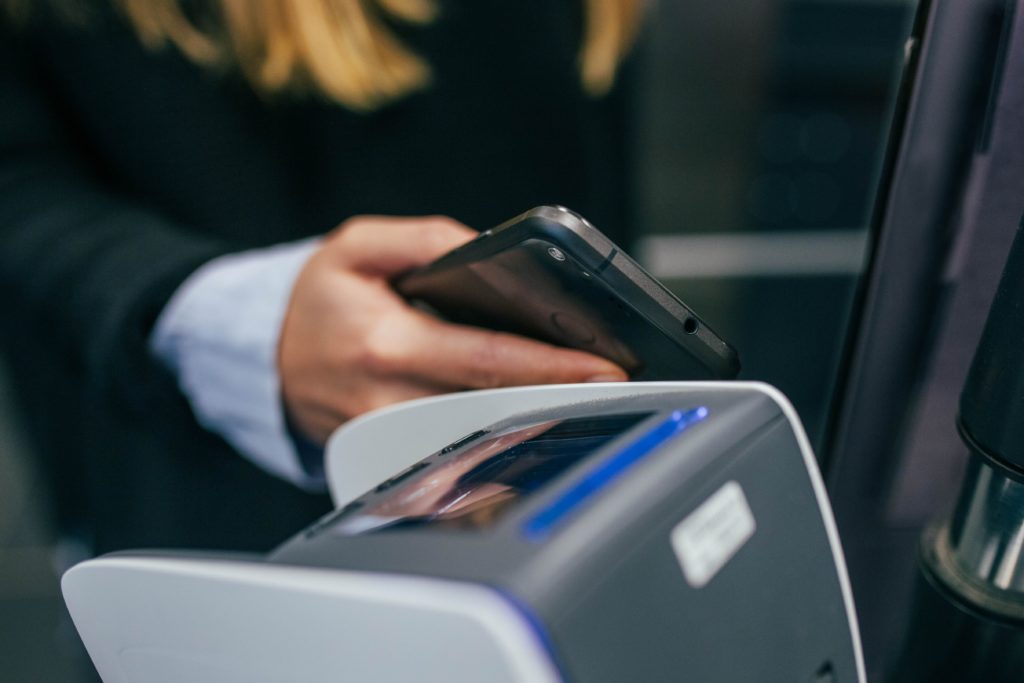
3. Bankruptcy
Bankruptcy could be a debt solution to consider. This is a legal status where your valuable assets (these do not include ‘tools of the trade’ or items that are necessary for living, such as clothes and furniture) are sold to pay what you owe to your creditors.
You can file for bankruptcy regardless of how much debt you’re in. When applying, you’ll need to pay £680 to the Insolvency Service.
Once you’re declared bankrupt, creditors can no longer take legal action against you.
The details of your bankruptcy will be published on government-owned websites; the Gazette, and the Insolvency Practitioner.
Additionally, the details of your bankruptcy will go on to your credit report and will remain there for six years.
There are bankruptcy restrictions that you’ll have to abide by, but you are usually released from these after twelve months.
Bear in mind that people in receipt of benefits, with no other income, will not be asked to make a monthly payment contribution into the bankruptcy to reduce their debts. However, if a person does become employed during their bankruptcy, they may be required to make regular monthly contributions.
4. DMP (Debt Management Plan)
A DMP is an informal arrangement between you and your creditors where you use a third-party company to set up a payment plan to pay off your debt.
Your financial situation will be assessed and a figure decided as to what you can realistically afford to pay each month.
You’ll still have to pay the full amount that you owe to your creditors; however, since your monthly payments will be reduced, your finances will be a lot easier to manage.
Additionally, the payment plan is flexible, so if your situation changes, then a new amount that you pay each month can be negotiated.
This is a suitable option for you if you have many unsecured debts (non-priority debts).
The DMP will come to an end once all of your debt has been cleared.
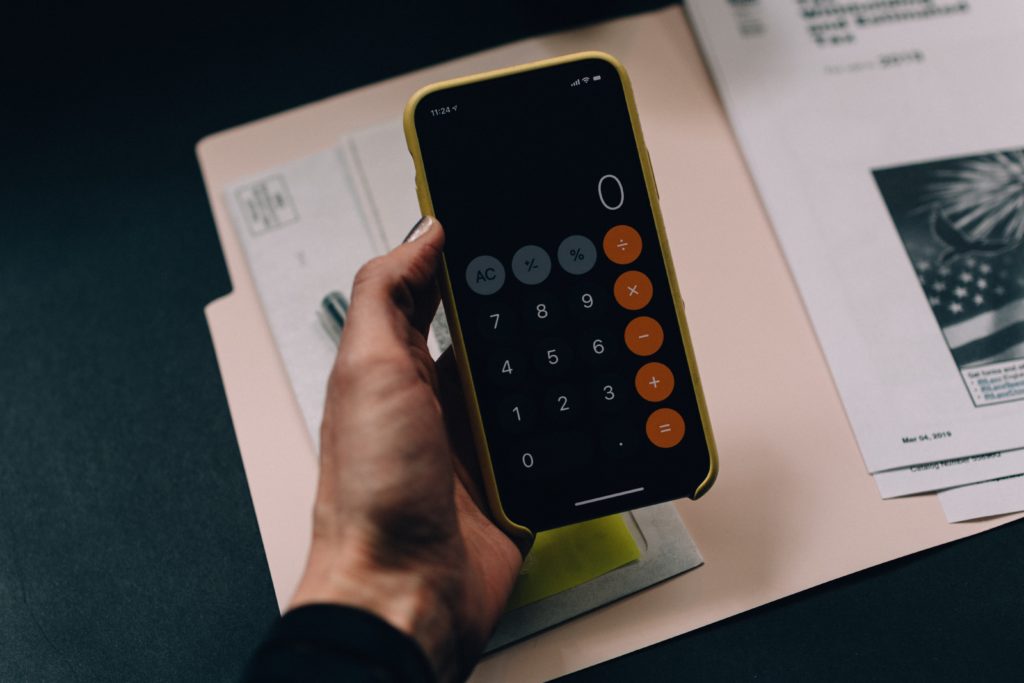
5. Individual Voluntary Arrangement (IVA)
An IVA (Individual Voluntary Arrangement) is a legally binding but flexible agreement that can be arranged by an Insolvency Practitioner to help you repay your creditors in an affordable way over a set period of time.
Before the payment plan is arranged and put forward to your creditors, your income and expenditure will be assessed by your IP. This is to ensure that you have enough money each month to pay for necessities, such as your rent/mortgage, bills, and food.
Once an affordable amount for the payment plan is decided, and if it’s accepted by your creditors, then you’ll have to pay the agreed amount each month and stick to the agreed terms until your circumstances change.
If you find a new job, and your income increases, then get in touch with your Insolvency Practitioner who will reassess your circumstances. If you can afford to pay more towards your debts, then you will be required to do so.
We hope that you’ve found this blog useful by discovering ways to help you out of debt.
If you want to find a debt solution that is right for you, then get in touch with Swift Debt Help, and one of the experienced members of the team will call you to discuss your options.
Request a Debt Assessment
Disclaimer: For guidance only. Financial information entered must be accurate and would require verification. Other factors will influence your most suitable debt solution.
